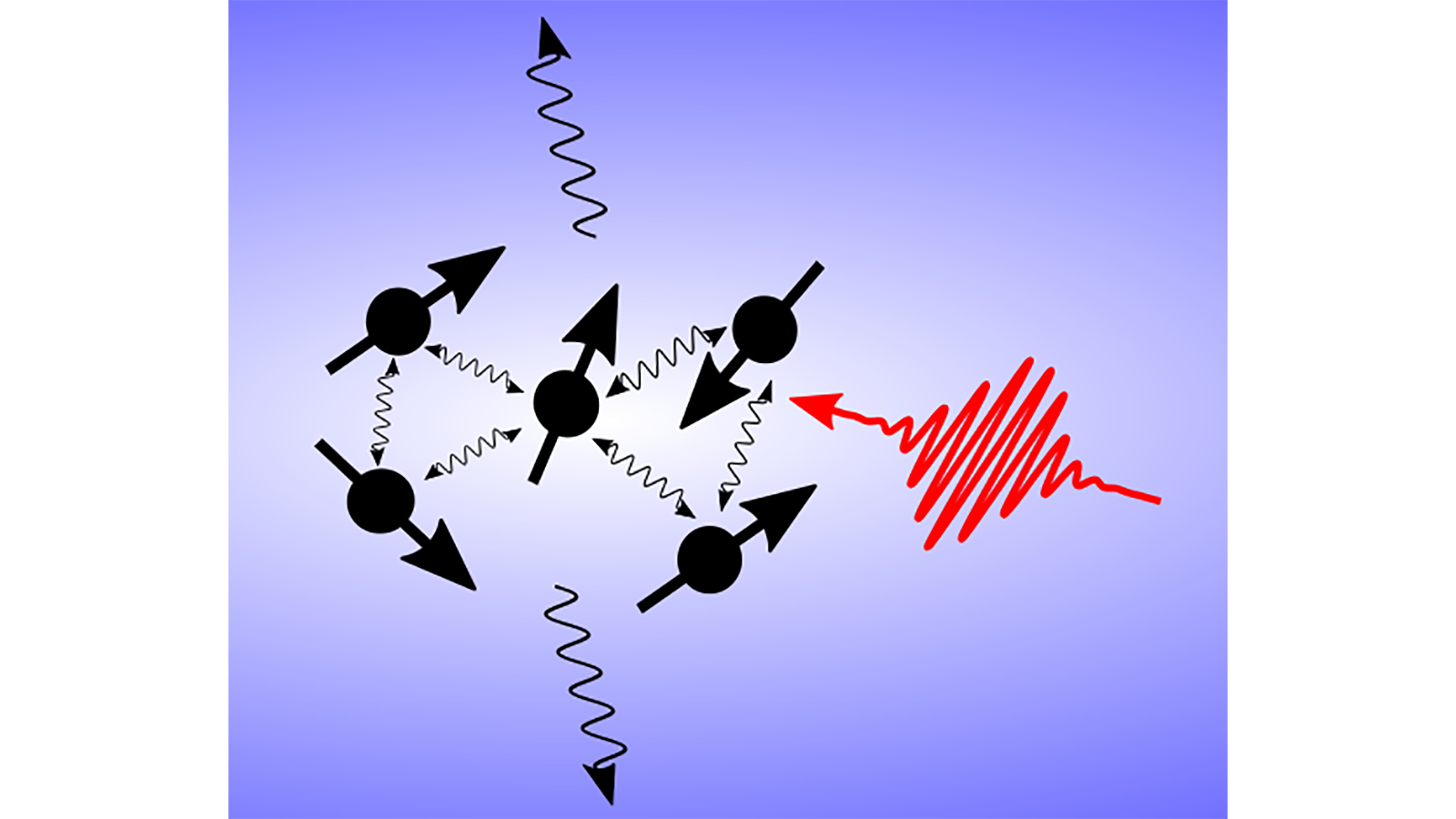QuaC: A scalable, general-purpose quantum systems solver
Classical simulation of quantum devices is crucial for better understanding of their operation and behavior, especially for noisy, small-scale modern quantum architectures. Such simulations allow researchers to gain an understanding of sources of noise to improve performance, validate calculations, evaluate the complexity of new quantum algorithms, and develop novel quantum algorithms. Classical quantum simulators benefit from running on modern supercomputers to be able to simulate large, complex, heterogeneous quantum devices.
To achieve this goal, Argonne scientists developed the QuaC simulator capable of modeling open quantum systems, with support for systems of qubits as well as more general systems. It uses the Lindblad master equation for the quantum density matrix and a large-scale state vector quantum simulator Intel-QS [1]. QuaC is able to describe many Markovian, non-unitary evolution processes, as long as the environment is large compared to the system and only weakly coupled. For example, it can model amplitude damping, dephasing, thermal effects, and even some forms of correlated noise. Moreover, QuaC has the flexibility to model quantum architectures at gate or pulse levels, allowing for studies of quantum networks and quantum sensors. Both QuaC and Intel-QS codes have been parallelized to run on supercomputers, and work is under way to optimize codes for the upcoming exa-scale supercomputer Aurora.
Development of QuaC is led by Matthew Otten, a Maria Goeppert Mayer fellow from the Nanoscience and Technology division at Argonne. The code parallelization and optimization efforts for supercomputers are led by Yuri Alexeev, a principal project specialist from the Computation Science division.
[1] Wu, Xin-Chuan, Sheng Di, Emma Maitreyee Dasgupta, Franck Cappello, Hal Finkel, Yuri Alexeev, and Frederic T. Chong, Full-state quantum circuit simulation by using data compression, in Proceedings of the International Conference for High Performance Computing, Networking, Storage and Analysis, pp. 1-24 (2019).
